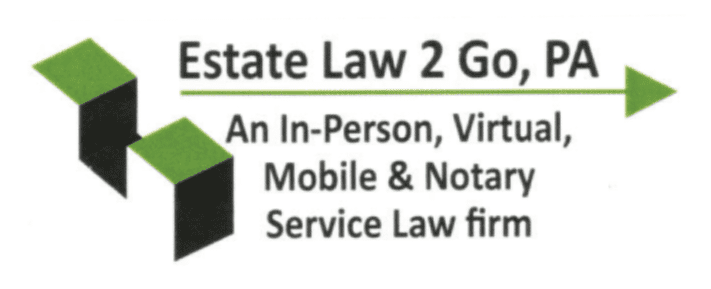Areas of Practice
Medicaid Preplanning and Crisis Planning
Medicaid is a federal and state program that helps families pay for the cost of nursing home care. Individuals must meet medical and financial eligibility guidelines, which differ from state to state. Financial eligibility requires a careful assessment of income and assets. Restructuring assets and spending down assets in a crisis may be necessary. There are financial tools that can help you or your loved one meet eligibility guidelines. Contact our firm today to see how we can help.
Planning for Special Needs
For families caring for loved ones with specialized needs, every day is filled with new challenges. Nevertheless, it’s important to think about the future needs of that loved one. A special needs trust is a planning tool that allows families to provide supplemental income while preserving eligibility under government benefit programs. There are a variety of tools available to supplement benefits provided through Medicaid and SSI without displacing them. If you are caring for a child or adult with a disability, make an appointment today to speak with an attorney to see how we can help.
Estate Planning & Trusts
- Wills
A will is a written direction controlling the disposition of property at death. The laws of each state set the formal requirements for a legal will.
- Revocable Trusts
A revocable trust is a document (the “trust agreement”) created by you to manage your assets during your lifetime and distribute the remaining assets after your death.
- Pet Trusts
A trust may be created to provide for the care of an animal alive during the settlor’s lifetime.
- Power of Attorney
A power of attorney is a document that allows you to appoint a person or organization to manage your affairs if you become unable to do so. However, all POAs are not created equal. Each type gives your attorney-in-fact (the person who will be making decisions on your behalf) a different level of control.
- Advance Healthcare Directives
An advance healthcare directive, also known as a living will, personal directive, advance directive, medical directive, or advance decision, is a legal document in which a person specifies what actions to take in the event of being on life support.
- Healthcare Surrogate
A healthcare surrogate is a named person(s) to make healthcare decisions on your behalf if you are unable to. This can include life support, medical treatment, organ donation, and the release of medical information for an adult or a minor.
- Pre-Need Guardian
A pre-need guardian form names a recommended person(s) to be the guardian of an adult or minor if a guardianship action is filed.
Probate
We offer the following probate services:
The death occurred more than two years ago, or the value of the probate estate (that’s all the property that would have to go through probate, so it excludes the non-probate assets described above) is not more than $75,000.
Ancillary or supplementary administration is usually necessary when the decedent (the person who died owning the property) dies owning property within the state of Florida, and primary or domiciliary probate has been commenced in another state.
When the deceased person leaves very little behind, this process lets someone who paid for the person’s final expenses (the funeral and expenses of the last illness) be reimbursed from the assets of the estate. (Fla. Stat. 735.301.)
It can be used only when the deceased person did not leave any real estate, and the only assets are either exempt from creditors’ claims or don’t exceed the number of final expenses.
If the estate doesn’t qualify for a simpler method of administration, formal probate may be necessary. These proceedings begin when the executor/personal representative nominated in the will, or another interested party, asks the circuit court to be appointed as personal representative of the estate. Generally, the probate proceeding occurs in the county where the deceased person was living at the time of death. Beneficiaries and heirs (people who would inherit in the absence of a valid will) are given notice so they have a chance to object.
• Motion/Order To Open Safe Deposit Box
• Petition/Order to Determine Homestead Property
• Petition/Motion/Order for Exempt Property, Family Allowance, Spousal/Elective Share
• Claims and Objections to Claims
• Preparation of Deeds
